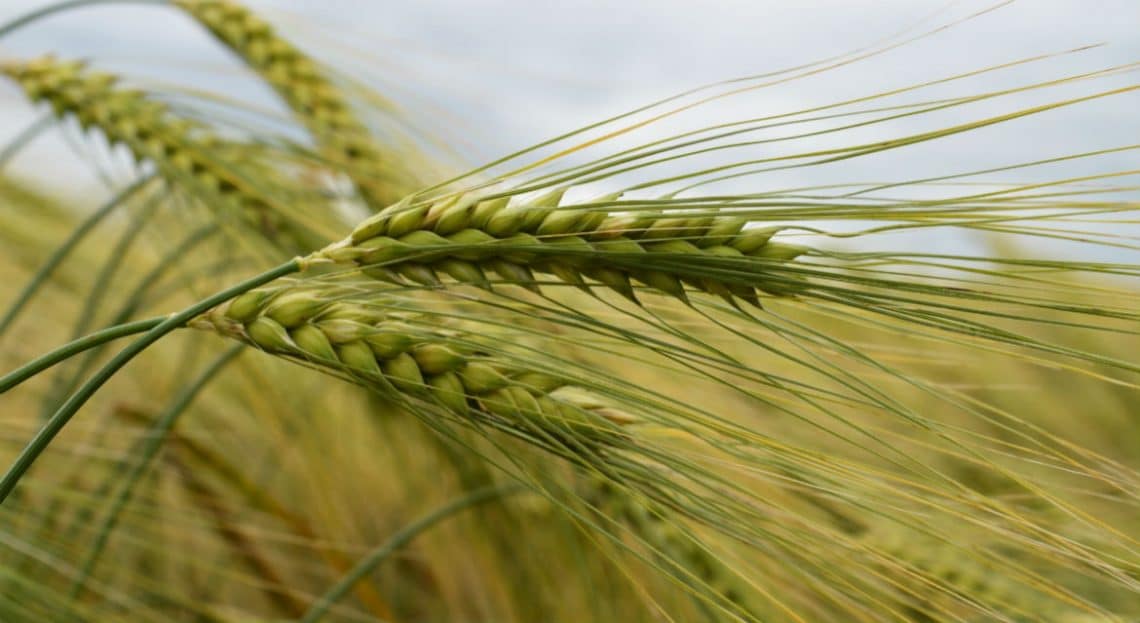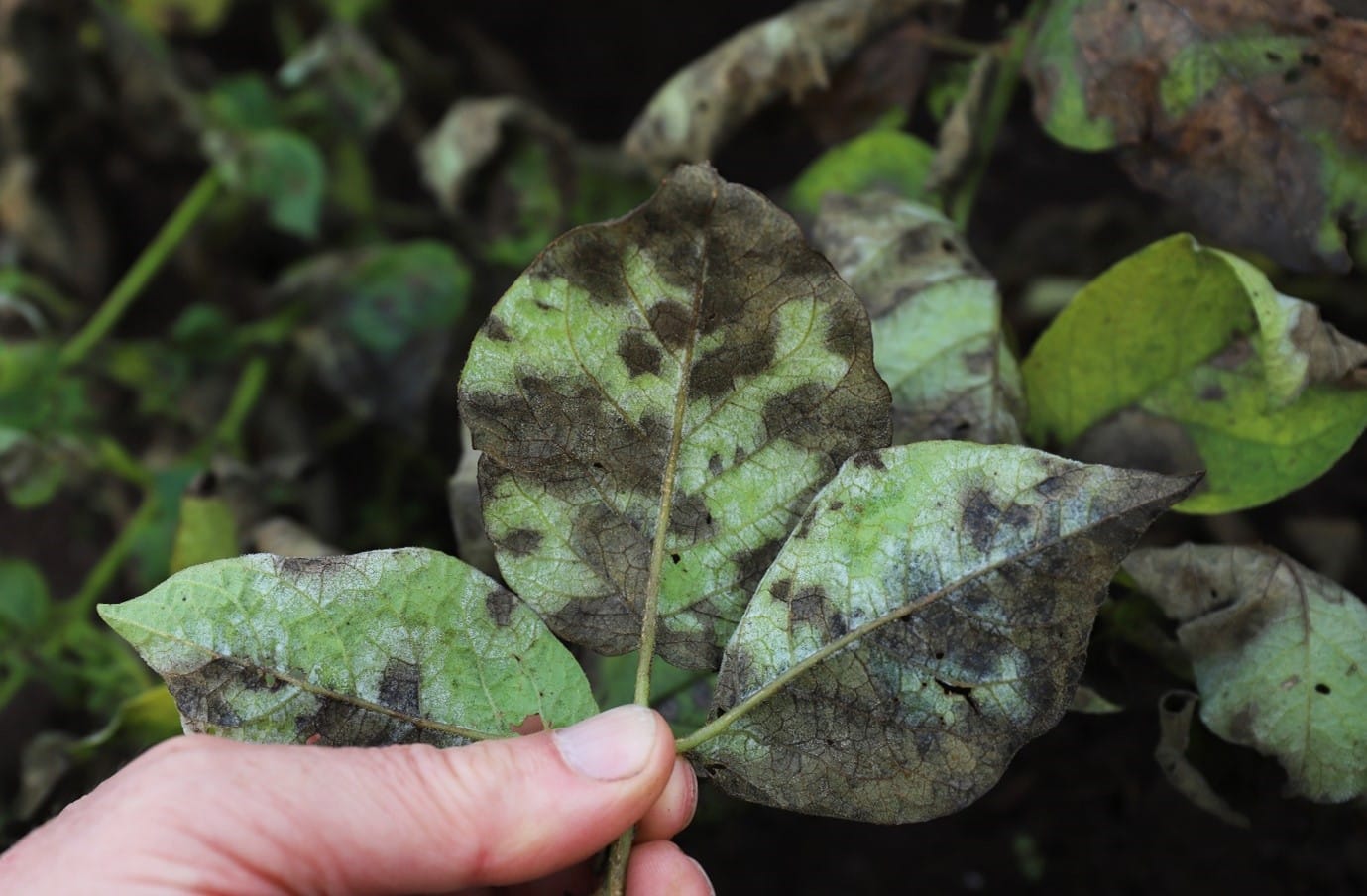Scientists from the International Barley Hub have discovered a genetic pathway to improved barley grain size and uniformity, a finding which may help breeders develop future varieties suited to the needs of growers and distillers.
In the latest issue of Nature Communications, cereal genetics researchers working with Professor Robbie Waugh and Dr. Sarah McKim, at the James Hutton Institute and the University of Dundee’s Division of Plant Sciences, examined the genetic control of grain formation in barley, specifically the role of a gene called VRS3. Researchers found that a mutation in this gene improved grain uniformity in six-rowed barley.
Dr. Hazel Bull, co-lead author of the study and a field geneticist in the James Hutton Institute’s Barley Genetics group, says: “This paper represents eight years’ work, first identifying the VRS3gene and then assessing its potential for improvement of the barley crop. We are delighted that our discovery could provide real benefits in terms of commercial breeding of six-rowed barley.”
This study also highlights the breadth and multi-disciplinary nature of the barley work of the International Barley Hub with the effect of VRS3 studied at all levels from detailed molecular and cellular studies through to in-field agronomic assessment.
Colin West, chairman of the International Barley Hub, comments: “Uniformity is very important in the processing of the grain after harvest to produce higher quality malt. This discovery has huge potential to benefit both growers and industry: maltsters have always had problems with six-row varieties to deliver malt to customer specification because of variation in grain size around the ear.
“A more uniform size distribution leads to more consistent water uptake during steeping, a more even modification of corns during germination, and similarly more consistent drying and color formation in the kilning process. All these changes help to produce higher quality malt, and a malt which is more suited to controlled milling in breweries and distilleries. If this VRS3 mutation can be combined with other malting qualities, which will take long-term investment by breeders, then it will give growers more choice in what they sow.”
Professor Colin Campbell, chief executive of the James Hutton Institute, adds: “Barley is one of the UK’s most valuable crops and so this discovery is important and likely to have significant economic impact. The International Barley Hub is showing again that research in this area can yield great returns on investing in basic understanding of barley.”













